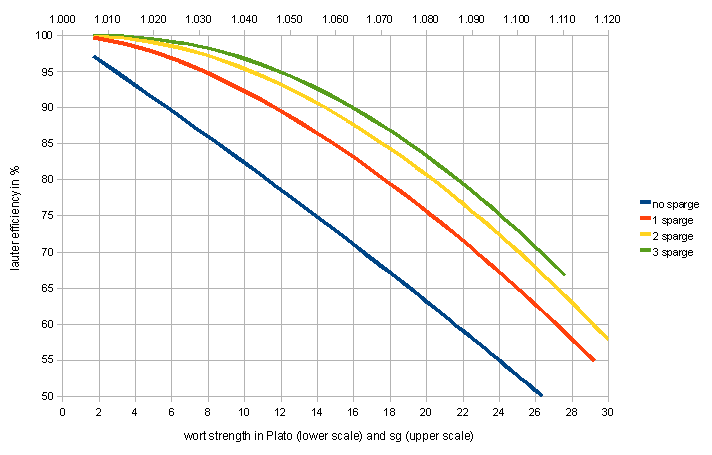metlcutr55
New Member
i guess i still dont understand, if a person is agitating the grain bed as in batch sparging, isnt that letting the proteins & fines penetrate to the bottom and into the wort, where an undisturbed fly would hold them at the top? or am i lost? wouldnt suprise me! thanks! ken



